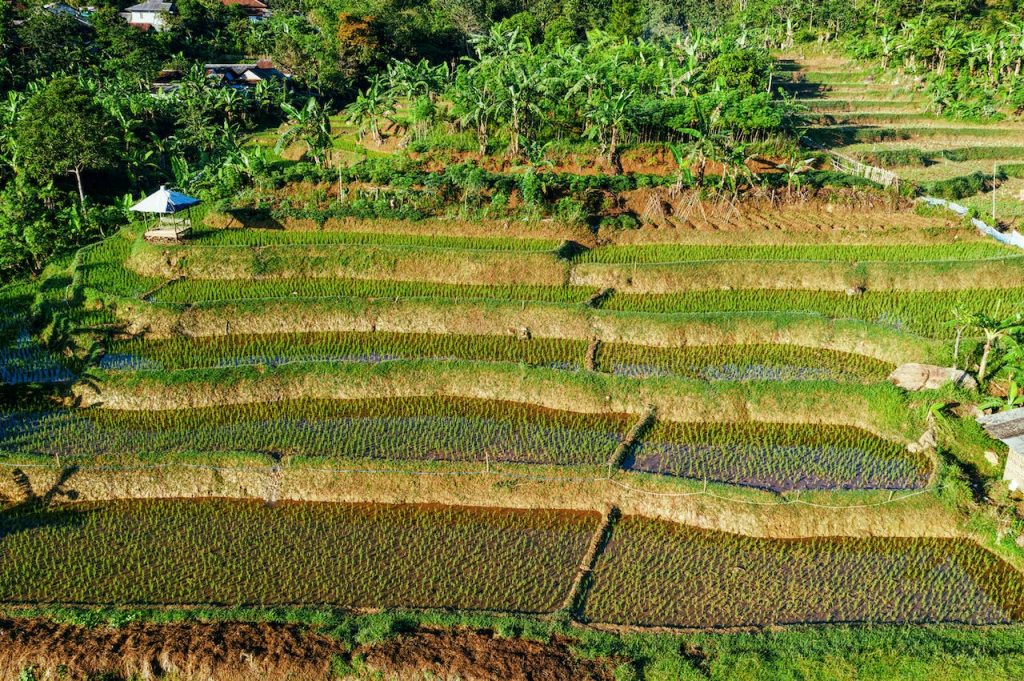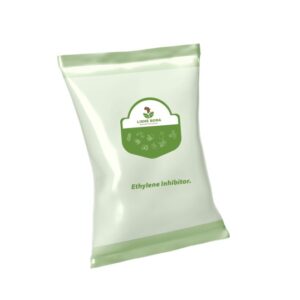Scratch Africa Agricultural Center
One Stop Shop for Sustainable Post Harvest Management
Solutions for Climate Smart Agriculture
ABOUT US
Welcome to Scratch Africa Agricultural Center, a women-owned social enterprise dedicated to addressing food waste and post-harvest losses in Sub-Saharan Africa. Our mission is to empower women farmers and agribusinesses to combat these issues.
We champion climate change initiatives and promote regenerative agriculture practices, fostering resilience and sustainability. Our innovative products, including Lishe Bora Hermetic Bags, Ripening-Keeping Cards, and Ethylene Inhibitor Sprays, ensure fresh, safe produce while reducing waste.
As women entrepreneurs, we are committed to a more sustainable, prosperous future for farming communities. Join us in cultivating a better tomorrow for Sub-Saharan Africa and our planet.

Sustainability
Adaptation
Mitigation
Conservation
Embracing Climate-Smart Agriculture
Cultivating a Sustainable Future
At Scratch Africa Agricultural Center, we’re on a mission to understand how climate change affects food in Kenya and Africa as a whole. We’re looking at how changing weather patterns impact the food we grow and how it’s stored after harvest. Scratch Africa Agricultural Center is also interested in why more food sometimes goes to waste. Our goal is to find smart ways to tackle these challenges. We want to help farmers grow more food, waste less, and make sure everyone has enough to eat in Kenya and across Africa. As climate patterns change, crop production is disrupted, leading to food insecurity and increased food waste, especially after harvest. We aim to combat these issues by promoting Climate-Smart Agriculture, improving post-harvest management, and raising awareness. Scratch Africa Agricultural Center goal is to enhance food security and create more resilient agricultural systems in Africa.
Why We Embrace Climate-Smart Agriculture
Embracing climate-smart agriculture is essential for several compelling reasons.
- Ensuring Food Security
With a growing global population and increasing climate uncertainties, CSA offers a way to enhance food security by making agriculture more resilient to climate shocks.
- Climate Change Adaptation
CSA practices help farmers adapt to the changing climate conditions, reducing the risks posed by extreme weather events and prolonged droughts.
- Sustainable Resource Management
By promoting efficient resource use, CSA minimizes the environmental impact of agriculture, including reducing water consumption and chemical inputs.
- Economic Benefit
Implementing climate-smart practices can increase productivity, cost savings, and enhance income for farmers.
- Environmental Conservation
CSA contributes to conserving biodiversity, protecting natural habitats, and mitigating greenhouse gas emissions, which are all critical for environmental sustainability.

Our Pillars
Sustainable Productivity
CSA focuses on increasing agricultural productivity in a sustainable manner. This involves using resources more efficiently, optimizing crop selection, and adopting climate-resilient varieties.
Adaptation
CSA aims to build resilience in agricultural systems to cope with the impacts of a changing climate. It involves implementing practices that can withstand extreme weather events, erratic rainfall patterns, and temperature fluctuations.
Mitigation
CSA contributes to climate change mitigation by reducing greenhouse gas emissions from agricultural activities. By implementing practices that capture and store carbon, such as agroforestry and improved soil management, farmers can become part of the solution to combat climate change.
Conservation
We champion Climate-Smart Agricultural practices that empower farmers to adapt to changing environmental conditions while reducing their ecological impact. We work tirelessly to safeguard biodiversity, promote sustainable resource management, and ensure that every action we take contributes to a greener, more sustainable world. With our innovative post-harvest solutions, we actively combat food waste and promote energy-efficient practices, all in the spirit of preserving our environment for future generations.

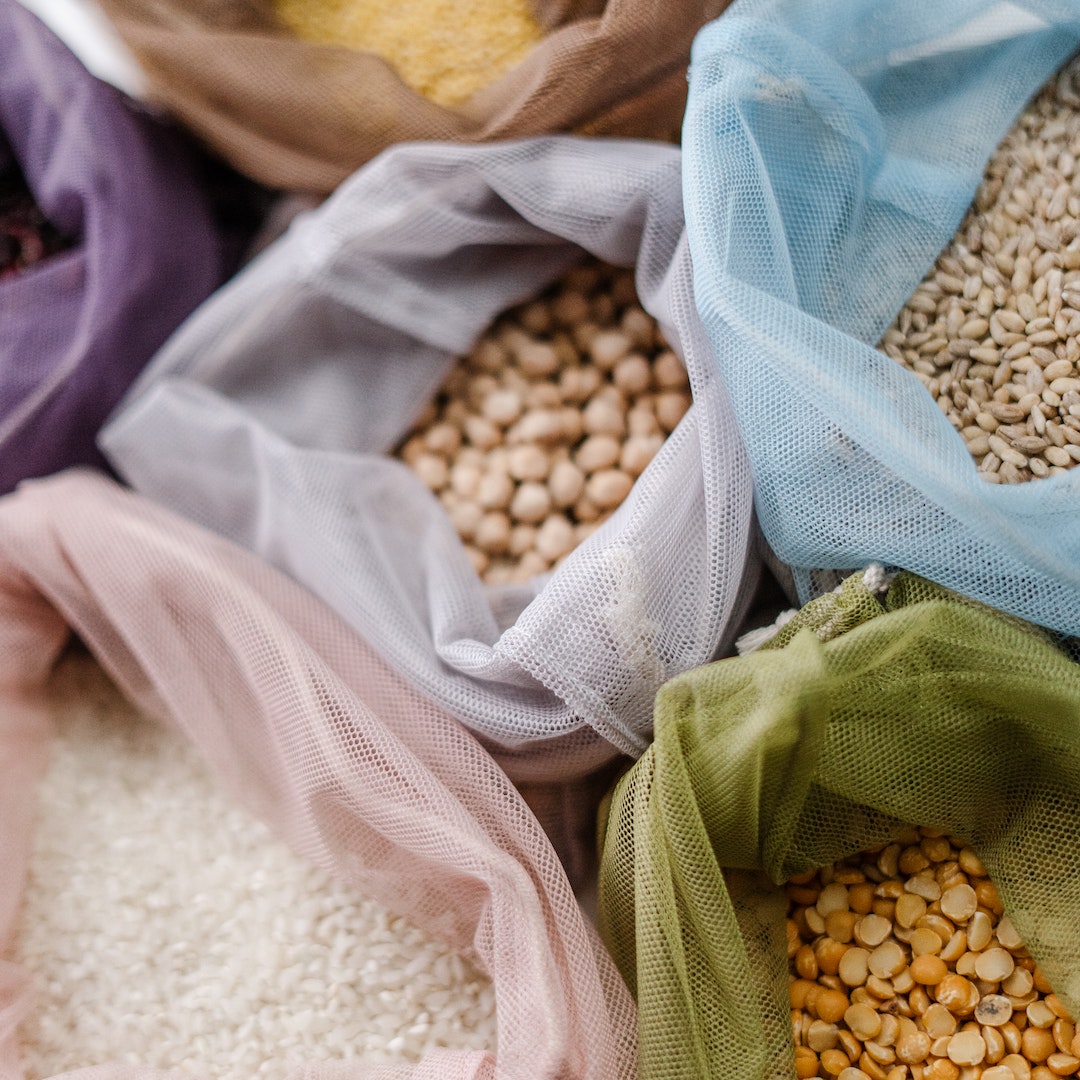

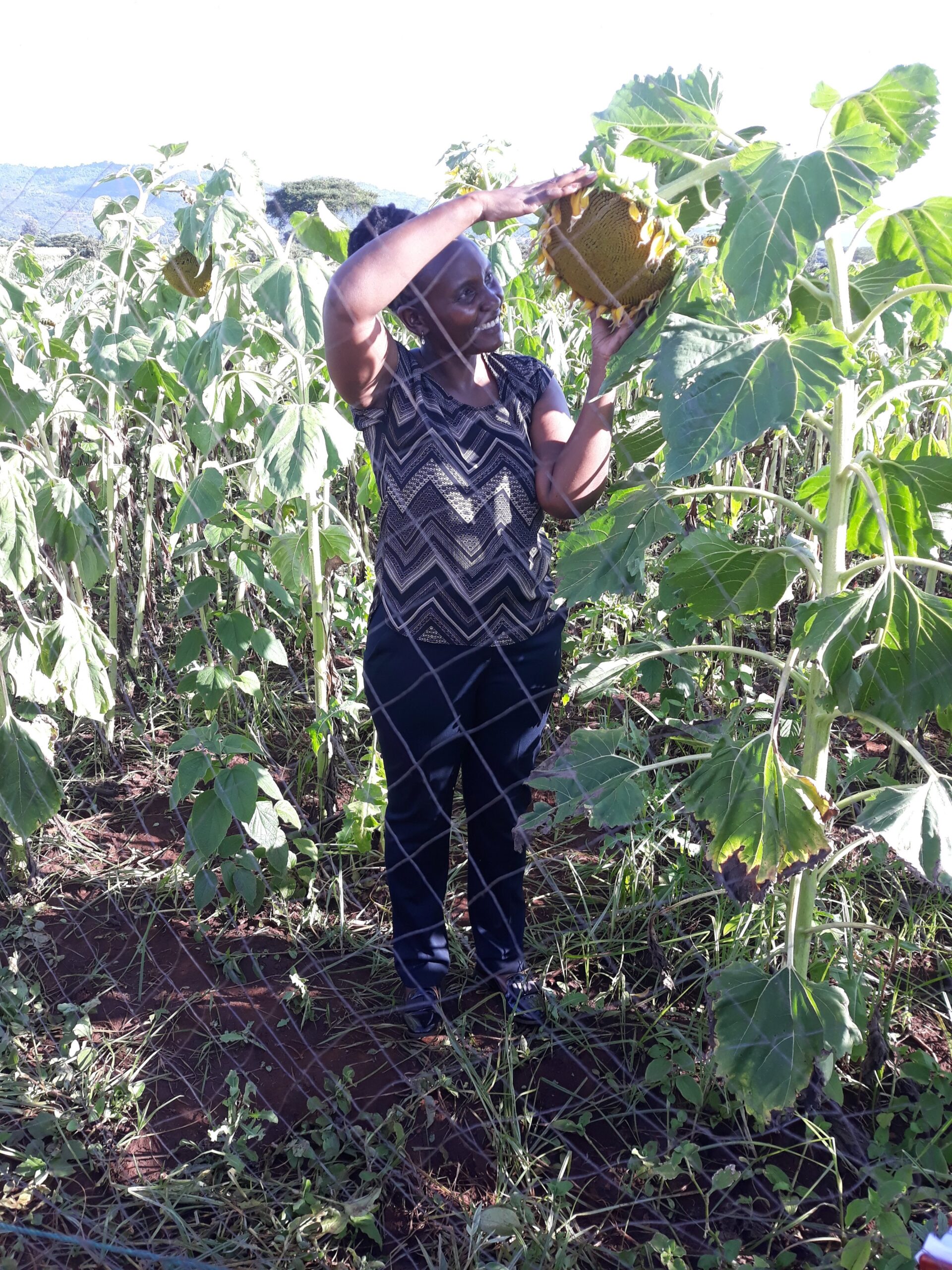

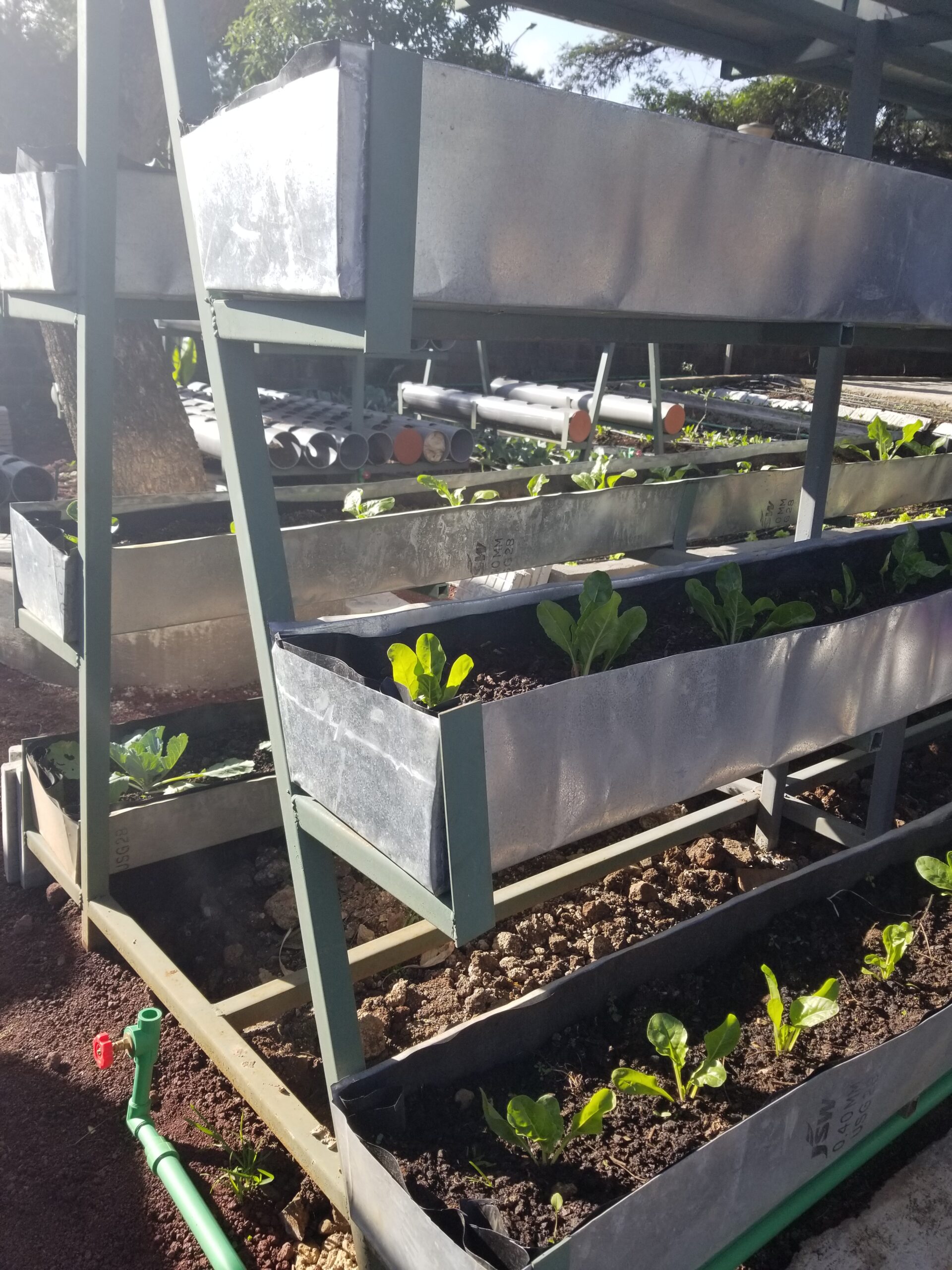
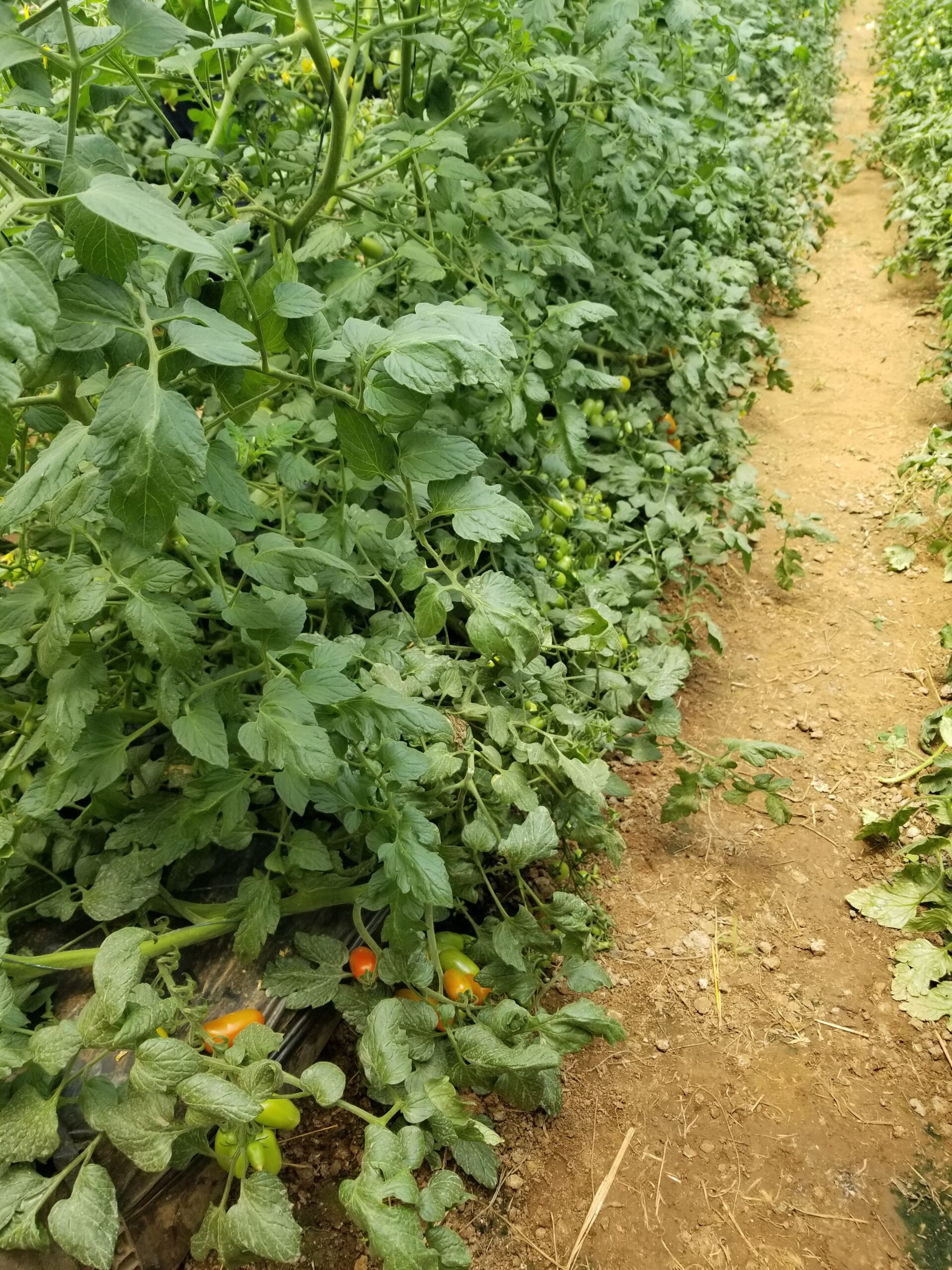

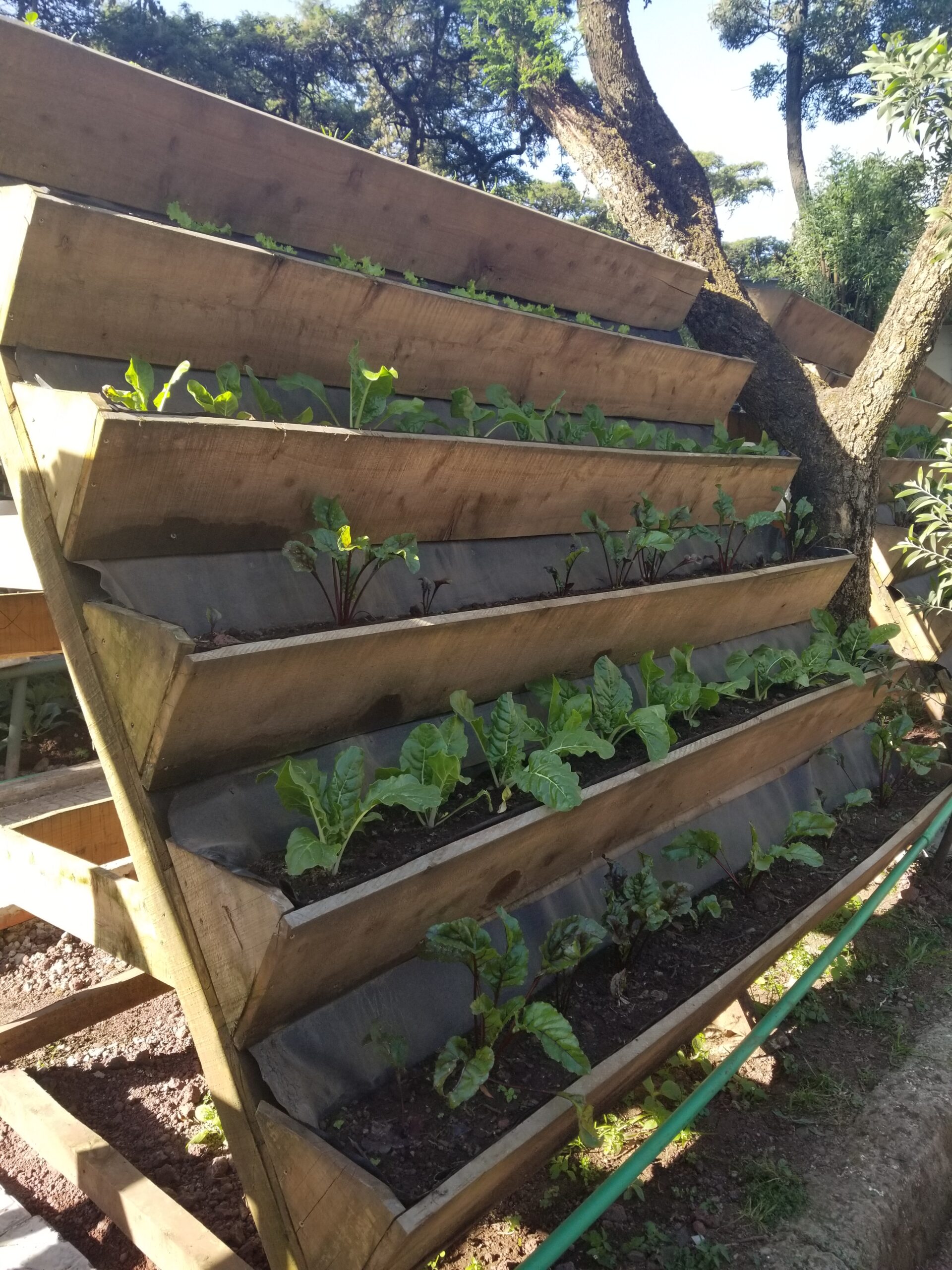

Food Loss and Waste
Post-Harvest Solutions
Scratch Africa Agricultural Center is dedicated to addressing one of the most pressing issues in the agricultural industry today – food loss and waste.
We understand the critical role that post-harvest management plays in ensuring food security, reducing economic losses, and mitigating the environmental impact of wasted food. That’s why we offer innovative solutions and expertise to help farmers, agribusinesses, and communities minimize food loss and waste.
We empower agricultural stakeholders with the knowledge, tools, and technologies they need to optimize post-harvest processes and reduce food loss and waste. We believe that by working together, we can create a more sustainable and food-secure future for all. By implementing proper post-harvest practices, farmers can optimize the use of their resources and contribute to food security and sustainability in the agricultural supply chain.
Best Selling Products
-
Inhibitor
Lishe Bora Control Sprouting Ethylene Inhibitor ( for onions and potatoes)
Rated 0 out of 5
Facts
Why there is a need for proper post-harvest practices?
In post harvest operations where losses are more concentrated in lower income households.
especially in developing countries could be a sustainable solution to increase food availability, reduce pressure on natural resources, eliminate hunger and improve farmers.
Humidity and temperature and declines with better market access, post primary education, higher seasonal price differences and improved storage practices.
is lost globally during post harvest operations every year. The solutions to reduce post harvest losses can result in high returns compared to increasing the crop production to meet the food demand.
Weight loss due to spoilage, quality loss, nutritional loss, seed viability loss and commercial loss.
At the end of the supply chain known as food waste. Food waste can be defined as food discarded due to spoilage or expiration.
Studies show that on a weight basis, cereal crops, root crops and fruits and vegetables account forabout 19%, 20% and 44% losses respectively.
Direct physical losses and quality losses that reduce the economic value of crop or make it unsuitable for human consumption. In horticulture, these losses can be upto 80% of the total production.
Losses food grants worth about USD 4 billion every year. These losses play a critical role in influencing the life of millions of smallholder farmers
by impacting the available food volumes and trade in values of the commodities.
CO2 emissions which affects the environment- A report by FAO estimates that 3.3Gtonnes of CO2 emissions due to food that was produced but not eaten.
Customers Reviews



